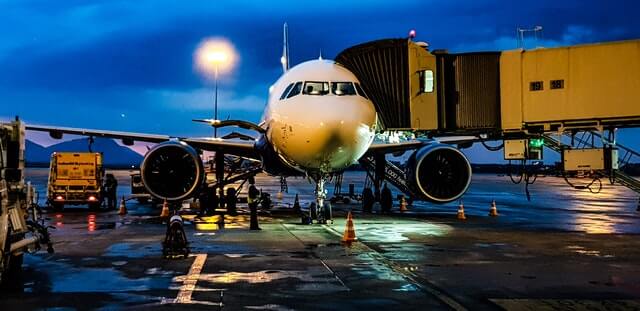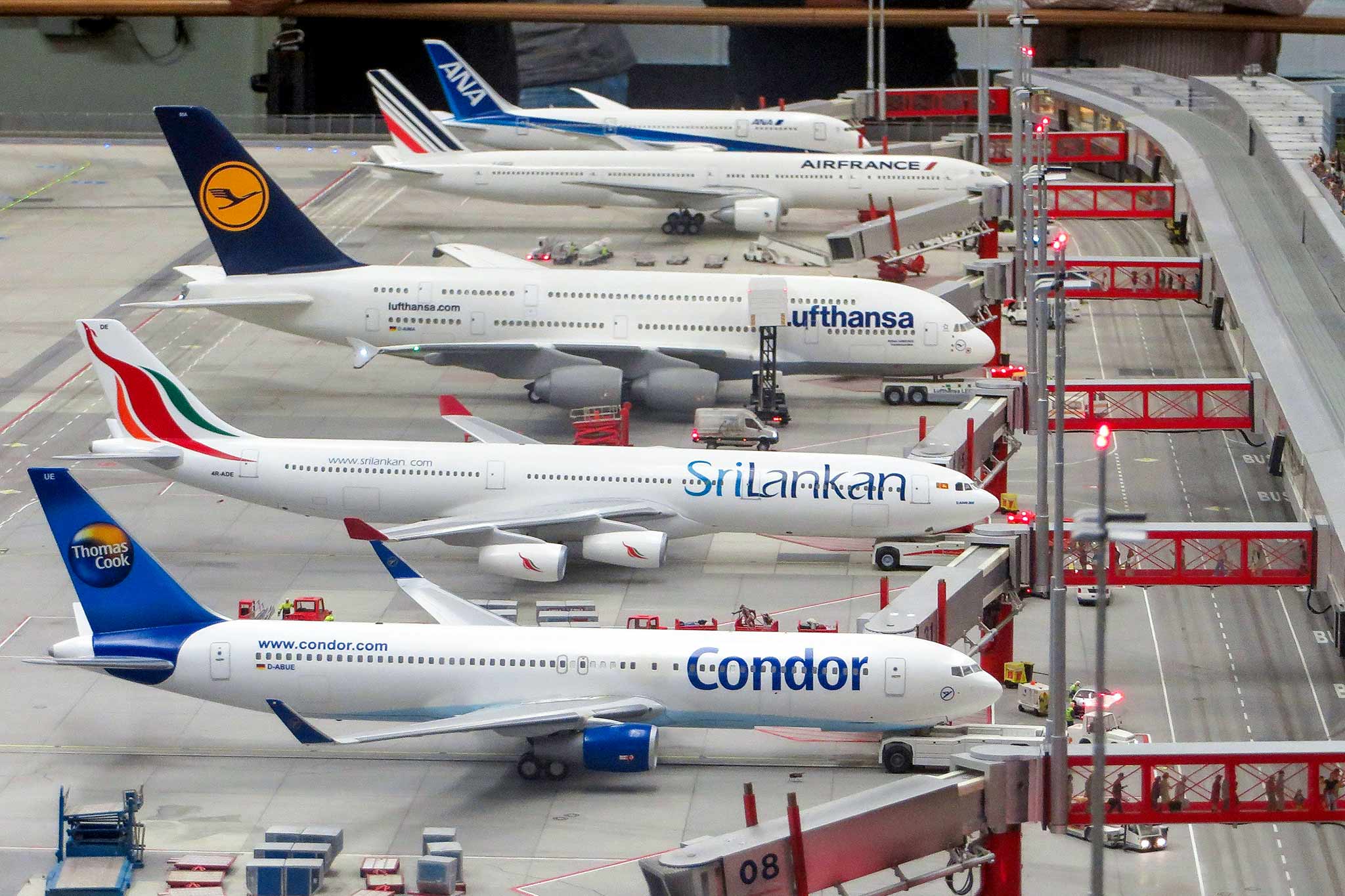

Why do flights get canceled and delayed? It’s often a complex puzzle that airlines and airports spend considerable time and resources trying to solve; in a quest to optimize their processes and minimize the impact of common disruptions, the actions taken often start with the wrong premise or try at best to solve the emergent problem but fail to address the root cause. It is nobody’s fault other than the lack of true, transparent, and timely “information” (not just data).
For airlines and airports, delayed and canceled flights cause customer dissatisfaction, and it’s no surprise why. Disrupted air travel is not only inconvenient—it can cost customers a lot in terms of lost time, missed opportunities, and incurred costs for lodging and transportation. If you want to keep your customers happy, you need to understand the true causes of delays and cancelations so you can work to prevent them from happening. Here are a few reasons why flights get canceled and delayed.
Why Are Flights Delayed? 3 Reasons
- Late Arrivals: Late arrivals are a big reason for delayed flights. When one flight is delayed, it can produce a domino effect for each following flight that the aircraft is supposed to complete. Pilots may be able to make up time in the air, but more often than not, a single delay will have consequences for future flights.
- Inefficient coordination of ground services: Preparing an aircraft for takeoff requires coordination between a lot of moving parts. As previously mentioned everything starts with being ready for the arrival routines; offloading/loading baggage and cargo inefficiently can have consequences for on-time departures. But that is only one piece of the puzzle. The aircraft must also be refueled, catering needs to restock food for in-flight meals, customers need to deplane swiftly so that cleaners can deliver a clean cabin for the next flight—the list goes on and on. Clearly identifying the critical path of service tasks and eliminating avoidable disruptions or minimizing their impact is the formula for success, the challenge is being alerted within seconds to allow time to recover from a disruption
- Late deplaning or slow boarding: Airlines have spent millions in research aimed at finding the most efficient method to board an airplane, by rows, by type of customers, randomly, window seats first, etc. The truth is that the best methods shave-off only a couple of minutes while the most neglected but important part of the process is the deplaning upon arrival. Having an empty cabin enables certain processes to occur like fueling, cleaning, cabin provisioning, cabin crew checks, etc. only after these tasks have been completed successfully, passengers can be allowed to board. Connecting the passenger loading bridge timely is perhaps the most overlooked but critical process of an on-time departure following an arrival.
How Do Delays Turn into Cancelled Flights? 2 Reasons
- Crew duty time: In some cases, delayed flights get delayed so much that they have to be canceled. Why? One reason lies in the time that delays take from the crew’s permitted duty time making them unable to continue to work. Keeping delays to a minimum is not only important for the purposes of maintaining an efficient schedule—long hours can also affect ground crew’s health and ability to work efficiently.
- Curfews, landing restrictions, available landing slots or other limitations at the destination airport: Departing on time to certain destinations is so critical that a long ground delay can rapidly convert into a flight cancellation. For international flights, destinations with intermittent service (not daily) or the last flight of the day, these cancellations have tremendous customer impact and cost the airlines millions of dollars a year in compensation expenses. Mechanical Issues When mechanical problems arise during preparation for a flight, they must be addressed before the aircraft can take off. The time it takes to fix mechanical issues is often enough to make canceling the flight inevitable.
Why Do Flights Get Canceled and Delayed?
Get to the Bottom of Your Top Causes in real time and prevent the impact; The truth is you can’t reduce every canceled or delayed flight, but you can prevent a good number of them using the right technology. Our technology allows you to track and record ground activity and gives you real-time alerts when things don’t go according to plan, so you can correct the problem as quickly as possible.
Are you ready to reduce your cancelations and delays to keep your customers satisfied? At Synaptic Aviation, we are committed to helping you meet your goals. Request a demo at synapticaviation.com or contact us at 844-505-4496 to learn how our AI technology can help you reduce your delays and cancelations.

Learn more, request a demo
Get Demo
 Recent Posts
Recent Posts 

Synaptic Aviation Selected to Showcase Pioneering AI Technologies at Central Florida Tech Grove
Synaptic Aviation, a U.S.-based technology company specializing in artificial intelligence (AI) solutions for the aviation industry, is honored to announce its selection to participate in the prestigious SBIR Partnership Day at Central Florida Tech Grove.
By Synaptic Aviation June 10, 2024
Commercial Aviation Accidents Are at an All-Time Low, So Why are Airport Ramp Accidents Not Improving?
It is extremely rare these days to hear news about fatal commercial aviation accidents. Despite zero fatal accidents in 2023 compared to twelve in 1980, the yearly number of flights has more than quadrupled.
By Synaptic Aviation April 13, 2024